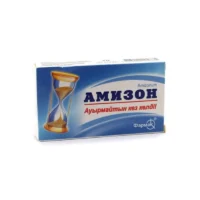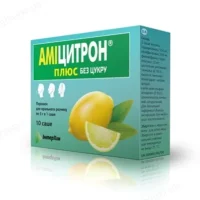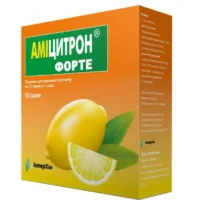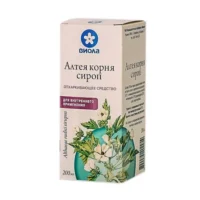Description
Mucolik (Carbocysteine) Syrup 2% 125 ml Vial
Ingredients
- Active ingredient: Carbocysteine 2%
Dosage
- The usual dose for adults and children over 15 years is 2.5 ml three times a day.
- For children aged 5-15 years, the recommended dose is 2.5 ml twice a day.
Indications
- Mucolik syrup is indicated for the treatment of respiratory conditions associated with excessive mucus secretion.
- Conditions include acute and chronic bronchitis, chronic obstructive pulmonary disease (COPD), and cystic fibrosis.
Contraindications
- Do not use Mucolik syrup if allergic to carbocysteine or any other ingredients.
- Consult a healthcare provider before use if pregnant or breastfeeding.
Directions
- Shake the bottle well before use.
- Use the provided measuring cup for accurate dosage.
- Recommended to take with meals to reduce gastrointestinal side effects.
Scientific Evidence
Carbocysteine, the active ingredient, is a mucolytic agent that breaks down mucus in the respiratory tract, aiding in its removal. Studies show it reduces mucus viscosity, enhances clearance, and alleviates symptoms of respiratory conditions.
Additional Information
- Mucolik syrup is well-tolerated with common side effects like nausea and diarrhea.
- Follow recommended dosage and seek advice if symptoms persist.
Pharmacological Effects: Carbocysteine disrupts disulfide bridges in mucoproteins, reducing mucus viscosity and aiding clearance from the respiratory tract.
Clinical Trials: Studies demonstrate carbocysteine’s efficacy in improving symptoms and quality of life in chronic bronchitis and COPD patients. Zheng et al. (2018) reported reduced sputum viscosity and COPD exacerbations with carbocysteine treatment.





